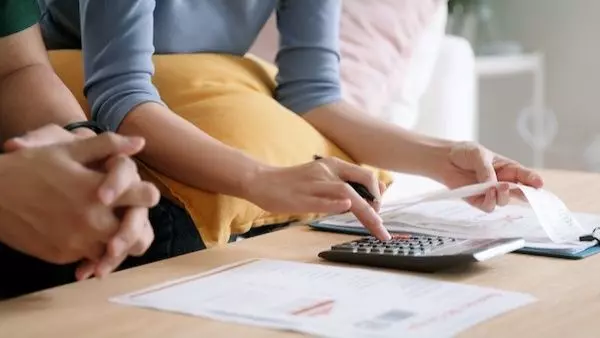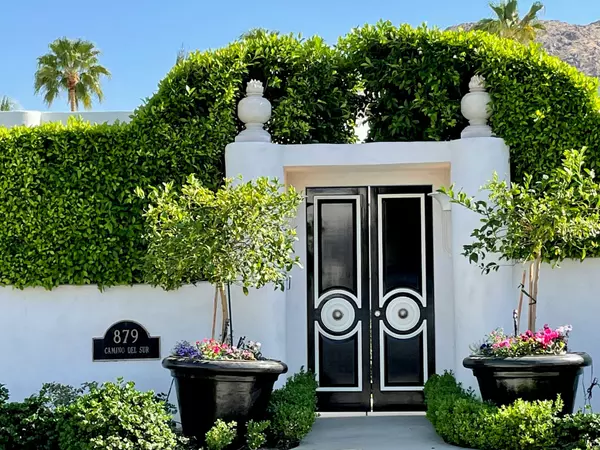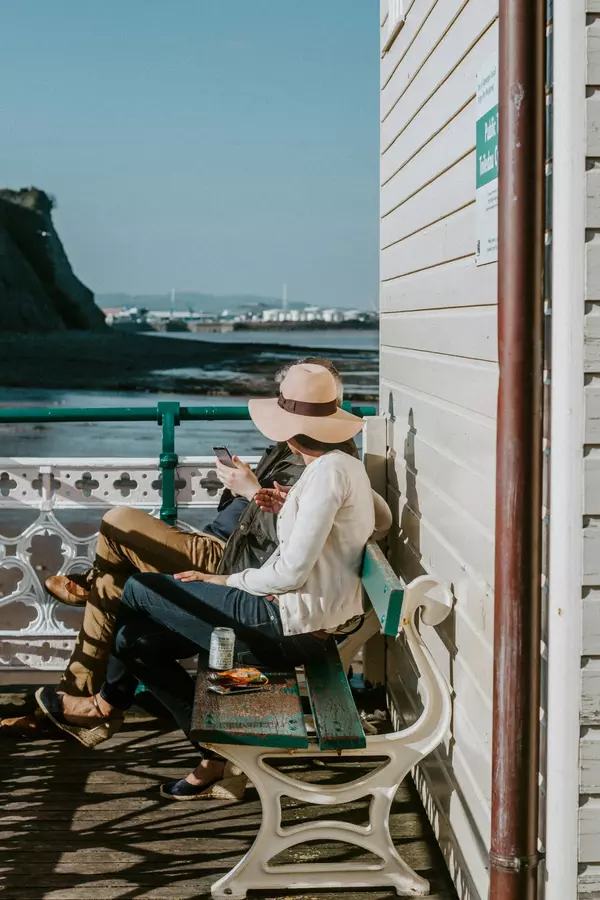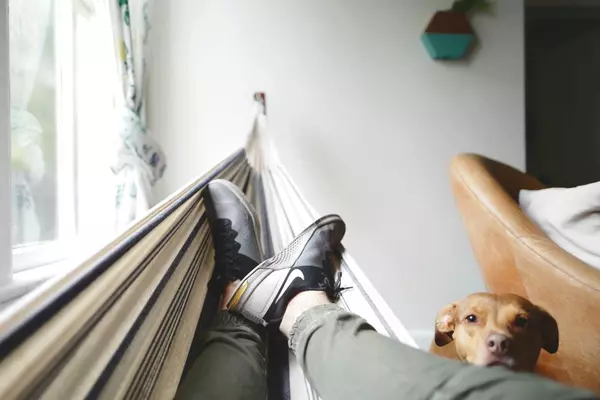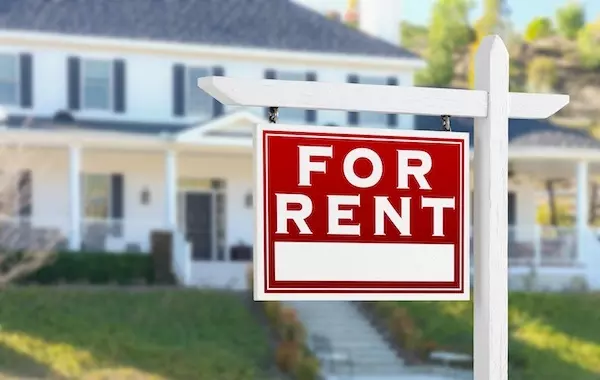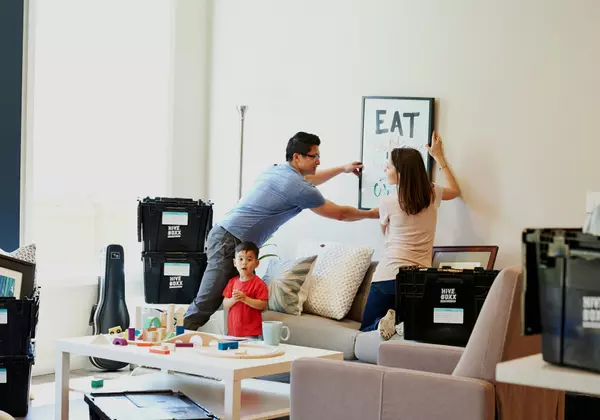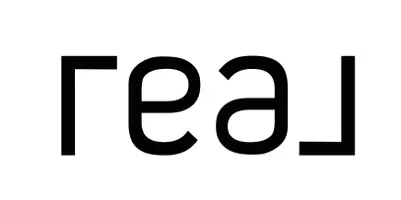
What Can’t an Algorithm Home Evalution See About Your Home?
What Can’t an Algorithm Home Evalation See About Your Home? 🤔 It’s tempting to plug your address into an online valuation tool and let the algorithm spit out a number. Fast, easy, and seemingly scientific, what’s not to love? But here’s the truth: those digital estimates are only seeing half the pi
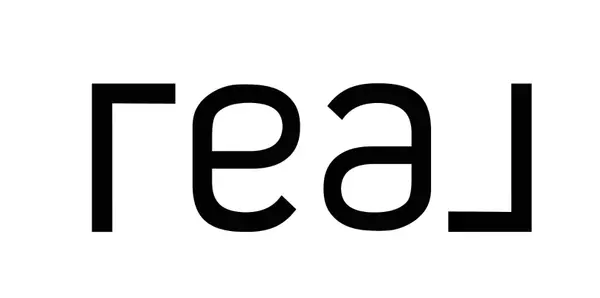
Los Angeles South Bay Real Estate Market Update: Fall 2025
Los Angeles South Bay Real Estate Market Update: Fall 2025The Los Angeles South Bay continues to attract home seekers, and this fall is bringing some noteworthy shifts for buyers and sellers alike. Inventory Remains Tight While new listings are appearing, the supply still isn’t meeting the steady de
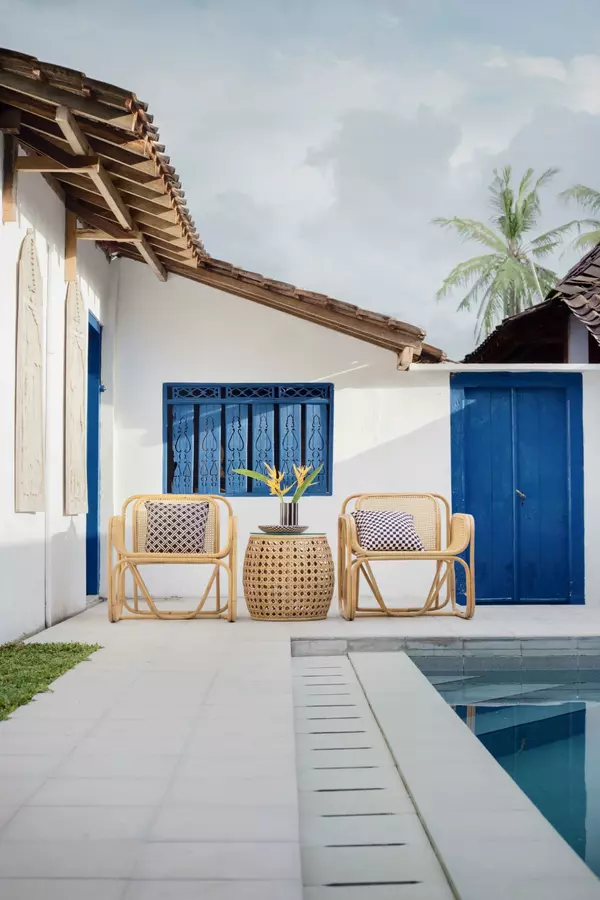
Top Tips for Buying a Home or Condo in the Los Angeles South Bay in 2025
Top Tips for Buying a Home or Condo in the Los Angeles South Bay in 2025 Dreaming of life by the coast? The South Bay—home to sun-kissed beaches, vibrant communities, and a laid-back California vibe—remains one of Los Angeles’ most desirable places to buy a home or condo in 2025. Whether you’re eyei
Categories
Recent Posts



